38 million households in the UK have a smart meter, with nearly 8,000 installations every day in 2024[1]. Uswitch.com, the comparison and switching service, found that Google searches for “will smart meters be compulsory by 2025” have increased by 1,340% in the last 12 months[2].
The government aims for 80% of British homes to have a smart meter by the end of 2025[3]. While it’s not compulsory to opt in, there are many benefits for both landlords and tenants. Energy experts at Uswitch outline renters’ rights and the benefits of smart meters in rental properties.
The benefits of smart meters
Over three-quarters (84%) of private renters would find it useful to have a smart meter installed to stay on top of their energy usage[4]. Smart meters provide accurate bills, tools to monitor your energy usage, and access to time-of-use tariffs, where electricity can cost less at certain times of the day. A smart meter will send your supplier daily or half-hourly readings, depending on your tariff, to make your bills more accurate. Some energy providers reward customers with reduced unit rates or bill credit for using electricity during off-peak hours, usually between 11pm and 8am. There are also schemes that offer free or discounted electricity during hours when green energy is more abundant on the grid.
Who can request a smart meter?
The energy bill payer can choose to have a smart meter installed. Tenants responsible for the energy bills in the property can request an installation. However, it’s best practice to ask for permission from the landlord first. Your tenancy agreement may include a clause preventing you from installing one. However, Ofgem advises that landlords should not unreasonably refuse such requests.
When utilities are included in the rent, landlords can decide whether to install a smart meter in their rental property. This is because the choice rests with the account holder, in this instance, the landlord. The exception to this is if the energy provider determines that the current meter needs to be replaced, for example, if it’s faulty or could lose accuracy. Since many traditional meters are no longer being made, a smart meter will be installed. Smart meters can be switched to ‘dumb mode’ through a request to the supplier; however, doing so removes the benefits of having one.
Why have a smart meter?
Nine in 10 renters have stated that they have experienced benefits from having a smart meter[5]. These include:
For renters:
Renters can benefit from a smart meter by using it to keep track of their energy usage and their account balance. Certain schemes and tariffs can be accessed by tenants who have arranged for smart meter installation, which reward them for optimising their energy usage.
For landlords:
Landlords will benefit from receiving an accurate billing at the end of a tenancy, which will make it easier to manage end-of-tenancy bills. Smart meters are also beneficial for vacant periods; regular meter readings can ensure your account balance is accurate, and you can keep a close eye on energy consumption in empty properties.
What if you can’t install a smart meter?
In some instances, you may not be able to get a smart meter due to technical issues, asset availability for complex meter types or logistical limitations. If you live in a flat or a property where your meter isn’t in the house, there may be some difficulty installing a smart meter. Energy providers will use “comms hubs” and/or additional communication devices to attach to the outside of the home. Renters should speak with their energy supplier to discuss the different options available to them. Poor signal may affect your smart meter’s effectiveness because it relies on connecting with the DCC (Data Communications Company) network through mobile signal or radio signal, to share data with your energy supplier.
Ben Gallizzi, energy expert at Uswitch.com, comments: “Understanding your rights around smart meters for your rental home is the first step to improving energy efficiency and managing your usage more effectively. However, there is still some misunderstanding about whether tenants in rental properties can install a smart meter.
“If you’re responsible for the energy bills, you’re entitled to request a smart meter, which can lead to more accurate billing and access to smarter tariffs. Renters should always ask their landlords for permission first before getting a smart meter installed.”
Sources:
[1] Uswitch Smart Meter Statistics
[2] Google search data taken from Keyword Tool is accurate as of August 2025
[3] 80% of homes will have smart meters by 2025
[4] 84% of renters would find it useful having a smart meter
[5] 9 in 10 renters find benefits in having a smart meter



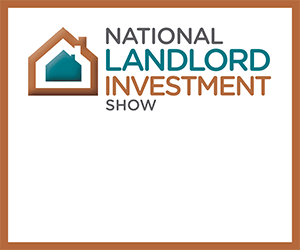
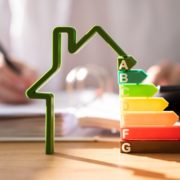

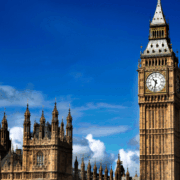
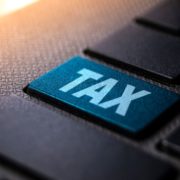

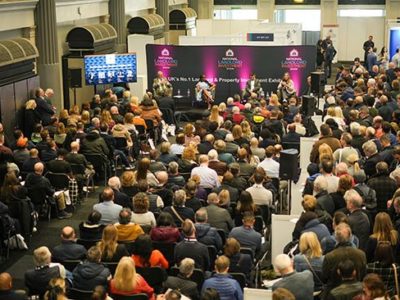
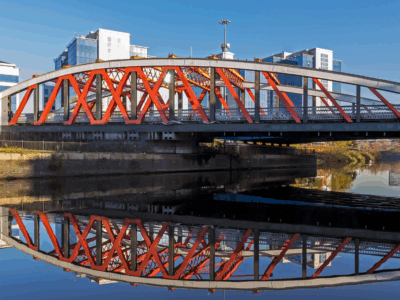
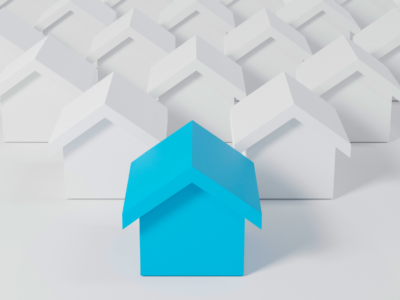
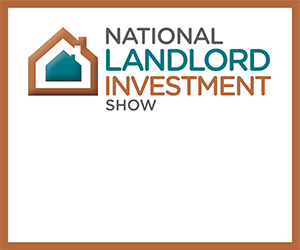
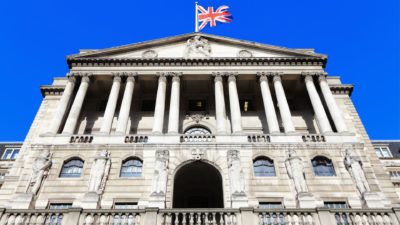
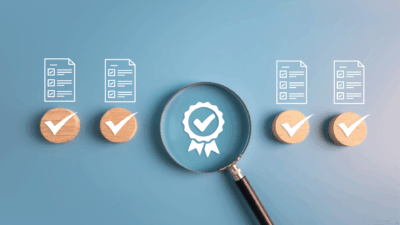
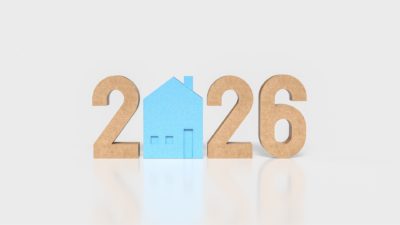
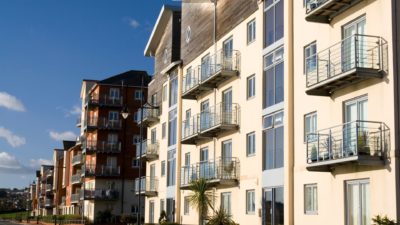
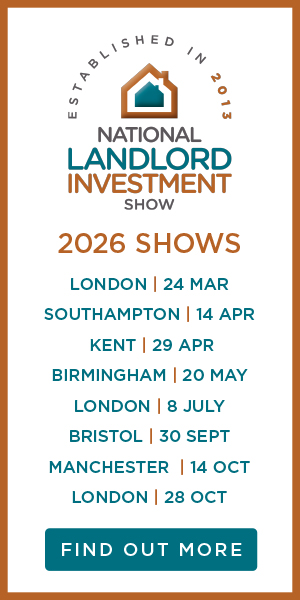


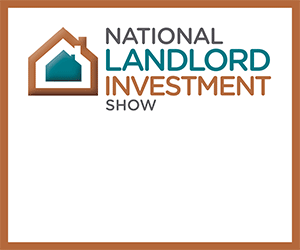
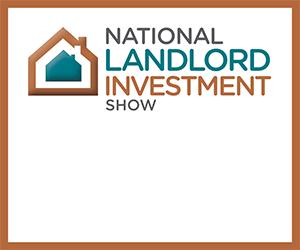

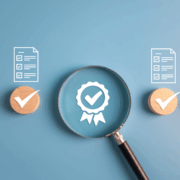
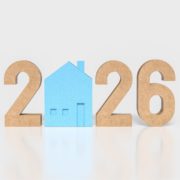
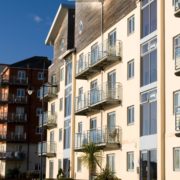


Comments